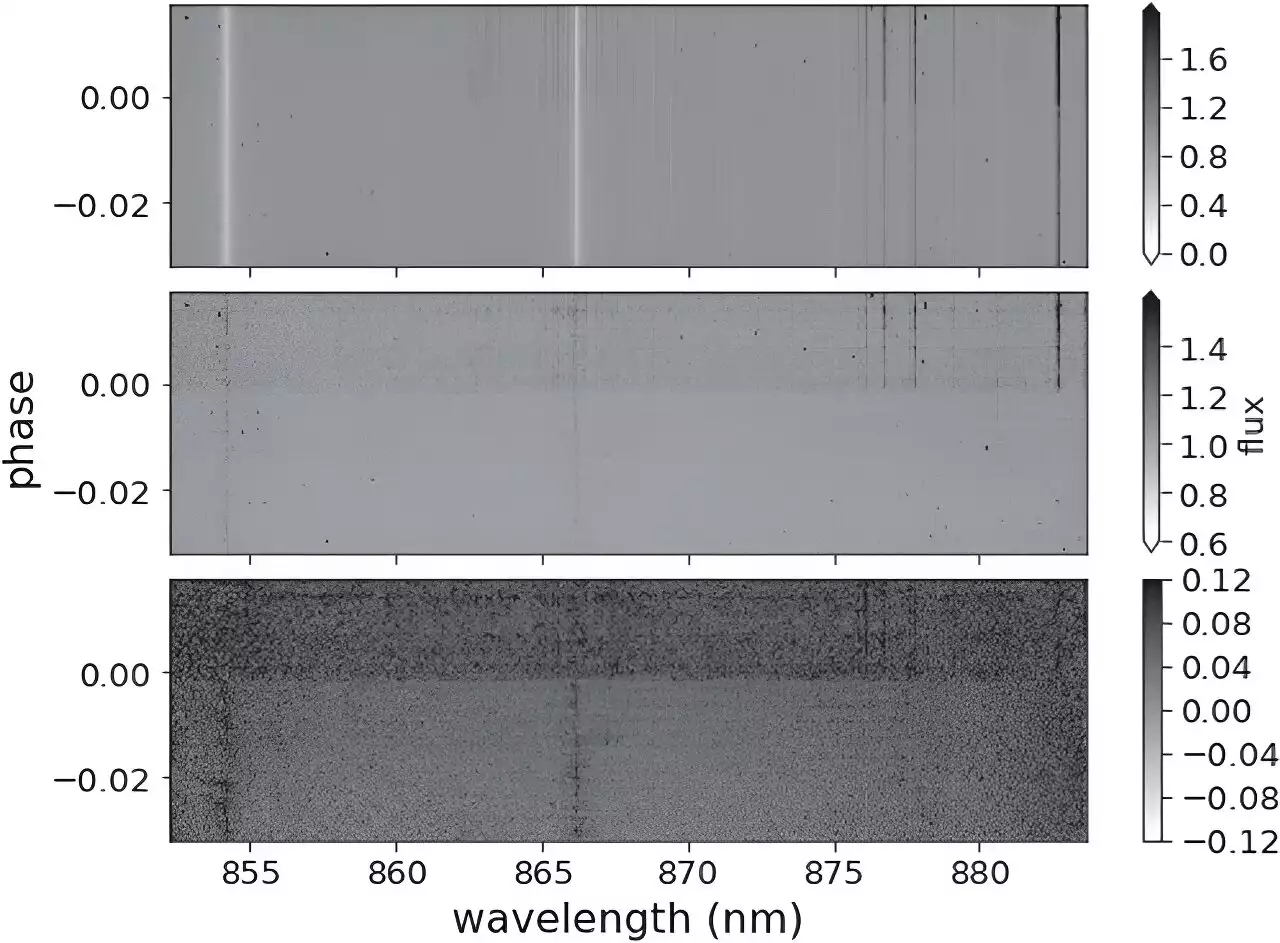A potential new Alzheimer's drug represses the harmful inflammatory response of the brain's immune cells, reducing disease pathology, preserving neurons and improving cognition in preclinical tests.
Though drug developers have achieved some progress in treating Alzheimer's disease with medicines that reduce amyloid-beta protein, other problems of the disease including inflammation, continue unchecked. In a new study, scientists at The Picower Institute for Learning and Memory at MIT describe a candidate drug that in human cell cultures and Alzheimer's mouse models reduced inflammation and improved memory.
Tsai and Elizabeta Gjoneska of the National Institutes of Health are co-corresponding authors of the study published in theAs a postdoc, Gjoneska co-led a 2015 study that implicated PU.1 as a regulator of errant microglia inflammation in a mouse model of Alzheimer's disease. That research was a collaboration between Tsai's lab and that of MIT Computer Science Professor Manolis Kellis, co-led by former postdoc Andreas Pfenning, now a faculty member at Carnegie Mellon University.
"A11 represents a first-in-class molecule that converts PU.1 from a transcriptional activator to a transcriptional repressor, resulting in a controlled state of microglial inflammation," the authors wrote.Having established that A11 reduced inflammatory activity in microglia and determined how that happens, the team focused on whether it worked as a medicine in mouse models of Alzheimer's disease.
The team subjected the Tau P301S Tg and CK-p25 mice to mazes designed to test their short-term working memory and longer-term learning. In both models and on both tests, A11-treated mice performed significantly better than untreated controls. For example, in the"Morris Water Maze," where mice have to learn the location of a submerged platform that allows them to rest, treated CK-p25 mice learned much faster than untreated ones.
United States Latest News, United States Headlines
Similar News:You can also read news stories similar to this one that we have collected from other news sources.
 Bizarre super-puffy exoplanet hosts rare 'thermometer molecule'The molecule chromium hydride is usually found in stars but was discovered in the atmosphere of the hot Jupiter WASP-31b, which is one of the lightest exoplanets ever seen.
Bizarre super-puffy exoplanet hosts rare 'thermometer molecule'The molecule chromium hydride is usually found in stars but was discovered in the atmosphere of the hot Jupiter WASP-31b, which is one of the lightest exoplanets ever seen.
Read more »
 'Thermometer' molecule confirmed on exoplanet WASP-31bChromium hydride (CrH), a molecule that's relatively rare and particularly sensitive to temperature, is useful as a 'thermometer for stars,' according to astronomer Laura Flagg, because it's abundant only in a narrow range between 1,200–2,000 degrees Kelvin.
'Thermometer' molecule confirmed on exoplanet WASP-31bChromium hydride (CrH), a molecule that's relatively rare and particularly sensitive to temperature, is useful as a 'thermometer for stars,' according to astronomer Laura Flagg, because it's abundant only in a narrow range between 1,200–2,000 degrees Kelvin.
Read more »
 Key Molecule Identified: New Discovery Paves the Way for New Obesity DrugsResearchers from the Victor Chang Cardiac Institute have uncovered a molecule that plays a key role in how cells detect when they are being pushed or pulled which could lead to the development of future drugs for obesity, osteoporosis, and inflammatory diseases. Researchers at the Victor Chang Ca
Key Molecule Identified: New Discovery Paves the Way for New Obesity DrugsResearchers from the Victor Chang Cardiac Institute have uncovered a molecule that plays a key role in how cells detect when they are being pushed or pulled which could lead to the development of future drugs for obesity, osteoporosis, and inflammatory diseases. Researchers at the Victor Chang Ca
Read more »
 Unlocking the Secrets of Alzheimer’s: New 3D Model Sheds New Light on Brain-Immune InteractionsThe model offers valuable perspectives on the progression of AD and may speed up the testing of new treatments. The decline in cognitive function linked to Alzheimer's disease occurs as neurons start to die. This can result from faulty immune reactions and heightened inflammation in the brain, inst
Unlocking the Secrets of Alzheimer’s: New 3D Model Sheds New Light on Brain-Immune InteractionsThe model offers valuable perspectives on the progression of AD and may speed up the testing of new treatments. The decline in cognitive function linked to Alzheimer's disease occurs as neurons start to die. This can result from faulty immune reactions and heightened inflammation in the brain, inst
Read more »
 Intermittent Fasting May Help Slow Alzheimer's, Scientists SayAlzheimer's currently affects around one in nine US adults over the age of 65, and the disorder is expected to become even more prevalent in the future.
Intermittent Fasting May Help Slow Alzheimer's, Scientists SayAlzheimer's currently affects around one in nine US adults over the age of 65, and the disorder is expected to become even more prevalent in the future.
Read more »
 Eat Your Fruits and Veggies—They Could Lower Your Risk of Alzheimer’sNew research found that micronutrients in fruits and vegetables could lower someone's risk of Alzheimer's disease. Carotenoids—a natural compound found in certain foods, like vegetables—were seen in lower amounts in patients with Alzheimer's.
Eat Your Fruits and Veggies—They Could Lower Your Risk of Alzheimer’sNew research found that micronutrients in fruits and vegetables could lower someone's risk of Alzheimer's disease. Carotenoids—a natural compound found in certain foods, like vegetables—were seen in lower amounts in patients with Alzheimer's.
Read more »
